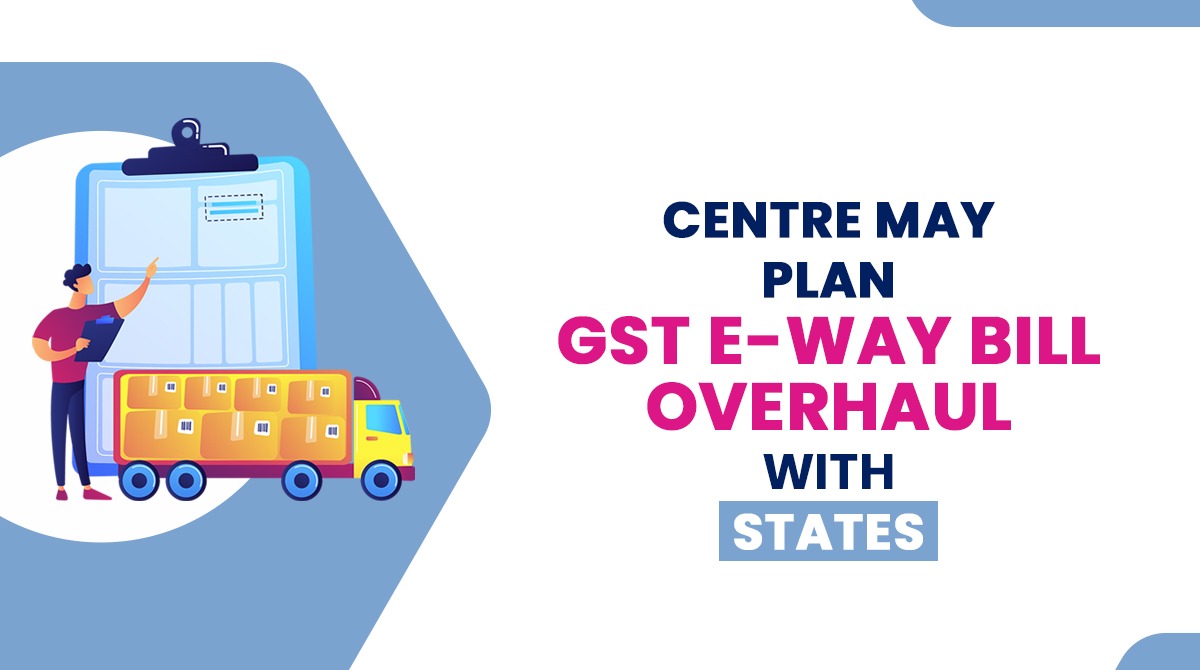
The Pune division of the Income Tax Appellate Tribunal (ITAT) upheld the decision to include the taxpayer’s unreported income from the sale of residential property in both the original ITR (Income Tax Return) and the return filed in response to a notice under Section 148 of the Income Tax Act, 1961.
In the relevant assessment year, the taxpayer failed to submit her income tax return. The Assessing Officer (AO) received information indicating that the taxpayer had concealed long-term capital gains generated from the property’s sale.
Consequently, a notice under Section 148 of the Income Tax Act was sent. However, in the return filed in response to the notice, the taxpayer did not disclose any long-term capital gains resulting from the property transfer.
The taxpayer argued that her husband was solely responsible for the property transfer and that she had no ownership involvement. However, during the assessment proceedings, the AO discovered that the registered agreement for the property sale indicated that the taxpayer was the exclusive owner of a 50% share in the property. The taxpayer accepted the inclusion of long-term capital gains but requested the benefit of cost indexation.
To calculate the taxable amount, the AO considered half of the sale proceeds as the taxpayer’s share. After reducing the indexed cost of acquisition, a long-term capital gain of Rs. 3,78,420/- was determined.
The Authorized Representative argued that the husband had already included the entire amount in his income tax return. Nevertheless, this argument did not support the taxpayer’s case. The husband’s return, filed on 12.12.2014, was deemed invalid, and therefore, it was considered as if it had never been submitted.
Considering the exclusion of the invalid return, the key facts remained: the taxpayer was a 50% owner of the property that was transferred, the transfer occurred in the relevant year, and the taxpayer did not report any income from the property transfer in either the original return or the return filed in response to the notice under Section 148 of the Income Tax Act.
Consequently, the member bench, presided by R.S. Syal (Vice-President), concluded that the inclusion of the unreported income was justified and upheld. As a result, the taxpayer’s appeal was rejected.
| Case Title | Sudha Karbhari Nagre |
| Citation | ITA No.926/PUN/2023 |
| Date | 30.10.2023 |
| Assessee By | Shri Sanket Joshi |
| Revenue By | Shri Rajesh Gawali |
| Pune ITAT | Read Order |









